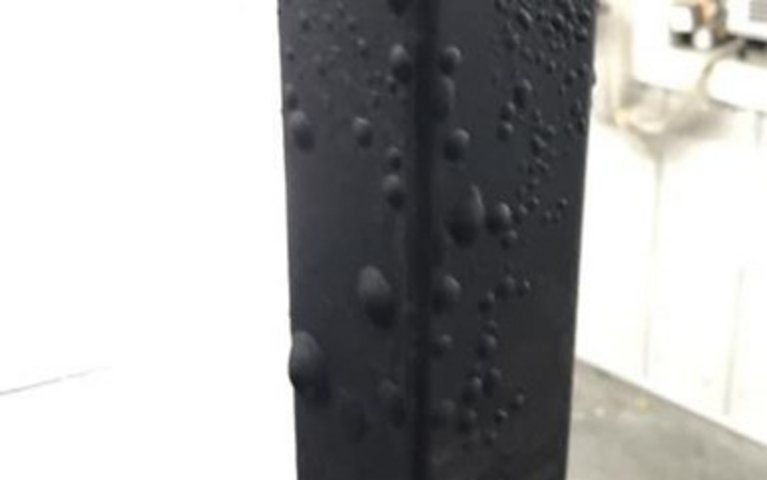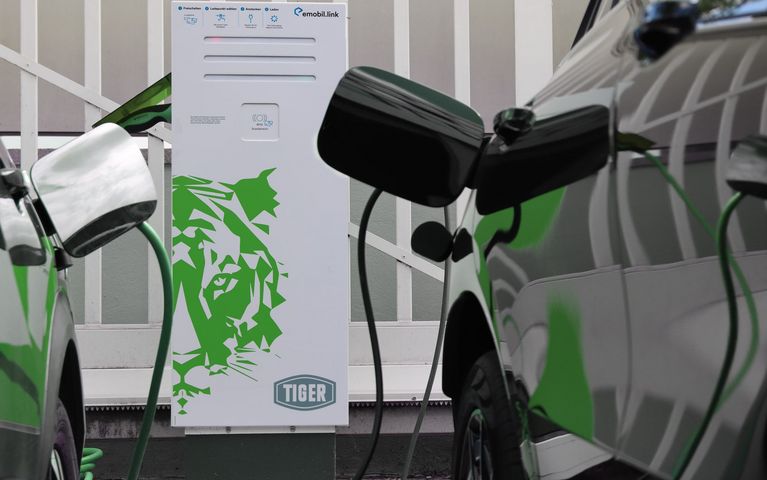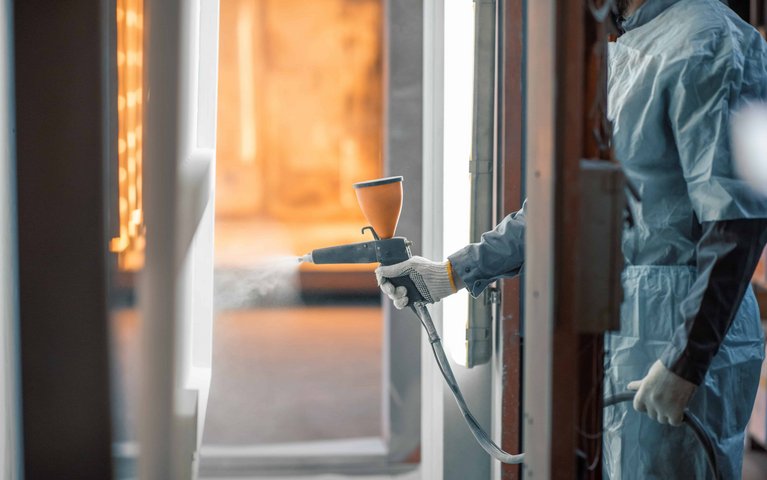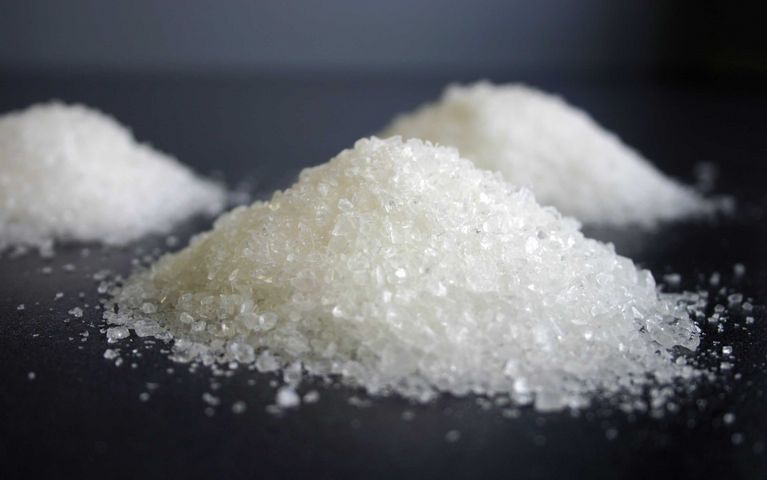TIGER Blog
![[Translate to gb-en:]](/fileadmin/_processed_/9/6/csm_IMG_5330__1__3c0bccedad.jpg)
More powder coating - Less power consumption
The prices for oil, gas and electricity are currently reaching record levels, putting the discussion around saving energy in a new light: in private households as well as in industry, because low energy consumption offers not only ecological aspects…
more
ESD Powder Coatings
Electrostatic charge is created wherever friction happens. Everybody knows the phenomenon, which happens for example when you pull off a plastic packaging from a product. A necessary consequence of electrostatic charge is its discharge which is…
more
Outgassing in Powder Coatings
Outgassing describes the release of a gas or air that was dissolved, trapped, or absorbed in a material. Powder coaters may face specific issues related to outgassing when working with porous metal substrates like iron, steel and aluminum. These…
more
Green energy for a green future
Prices for electricity, gas and heat are currently at record levels. Energy-efficient management and a sustainable lifestyle are therefore more important than ever - for companies and private households alike. Against this backdrop, the automotive…
more
Thin-Film Powder Coatings
The optimum film thickness is an important subject for any coating endeavor. The minimum film thickness for powder coatings typically falls between 60 and 80 µm. Sometimes however, this can still be too thick, in which case a special thin-film powder…
more
Powder Coating Resins
Powder coatings are known to be composed of a binding agent, pigments, fillers and additives. Synthetic resins, which act as the binding agent, form the main component (up to 60% of the mixture) and are largely responsible for the properties of the…
more